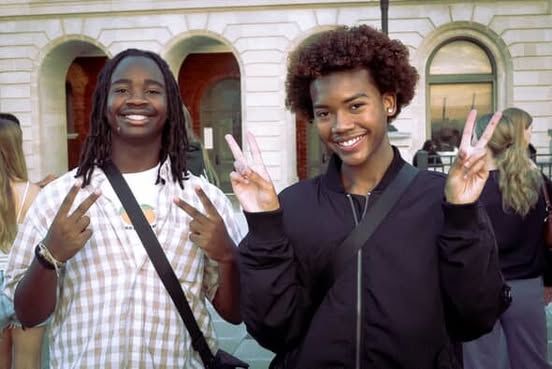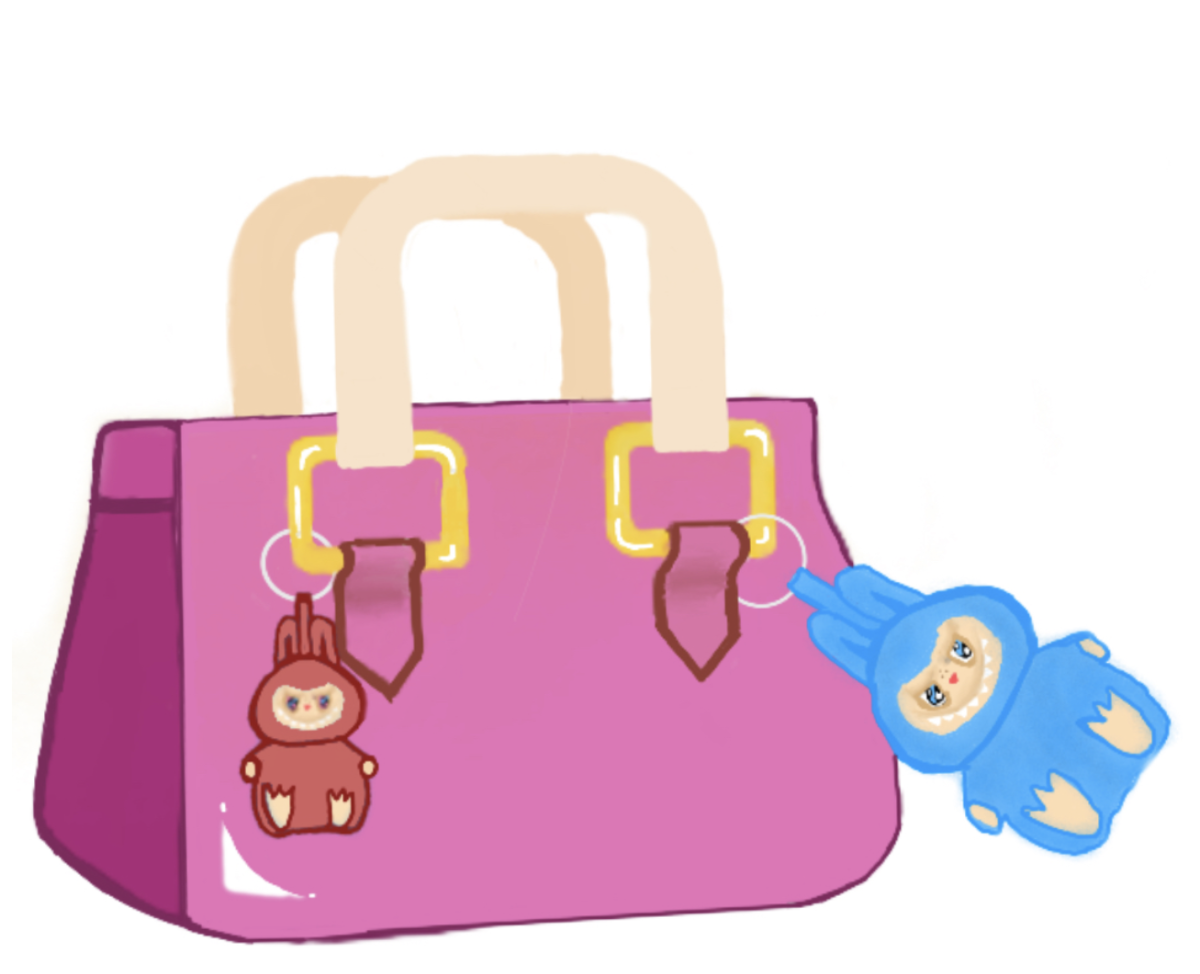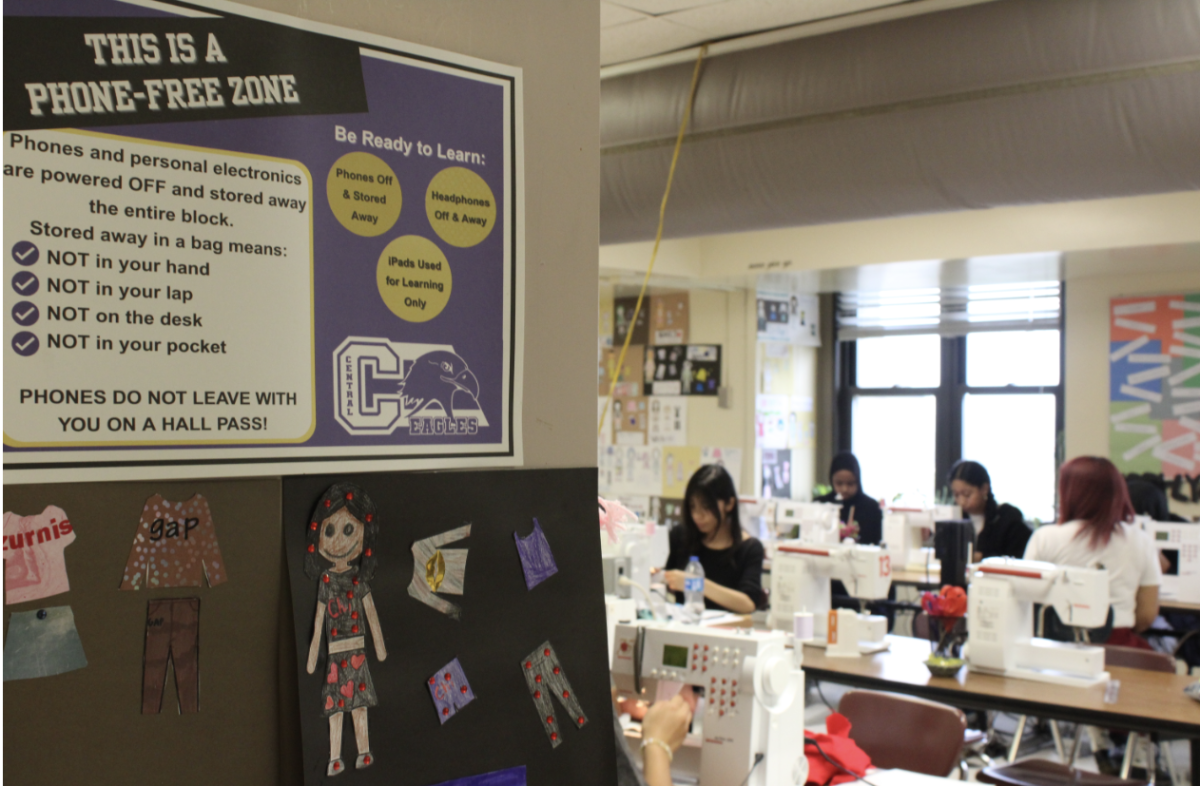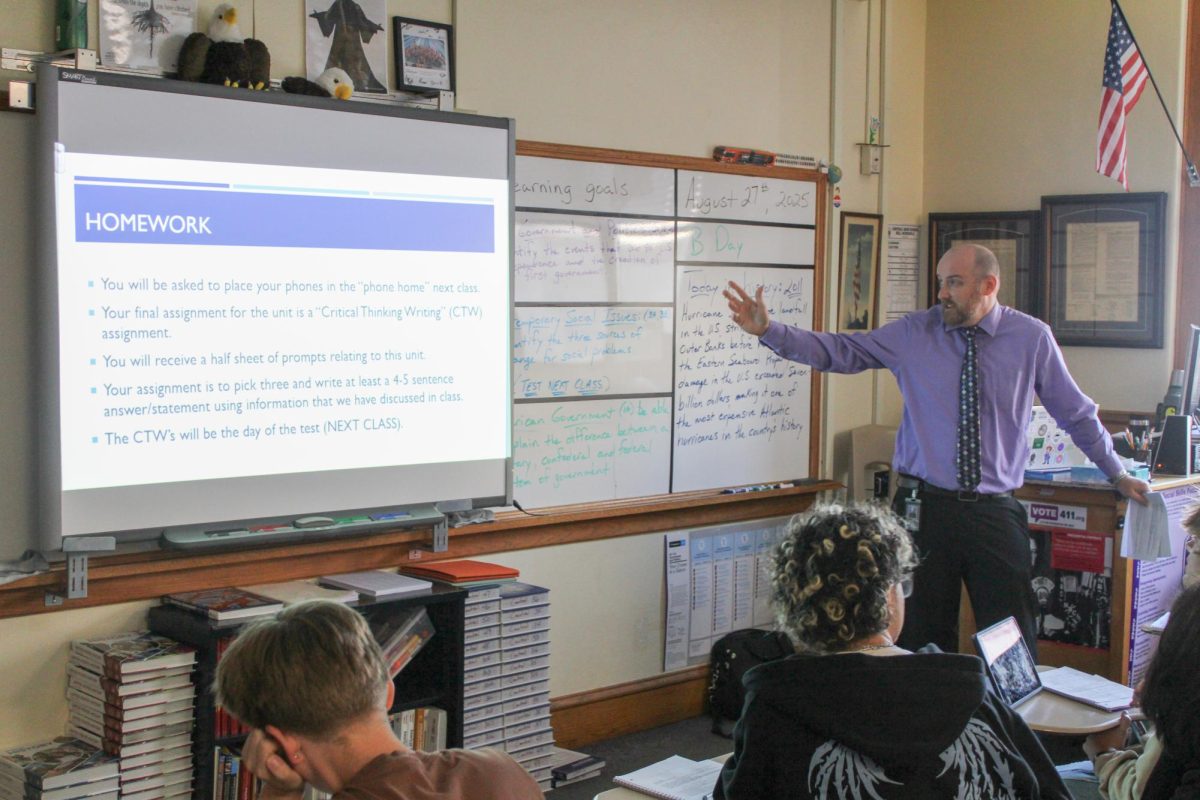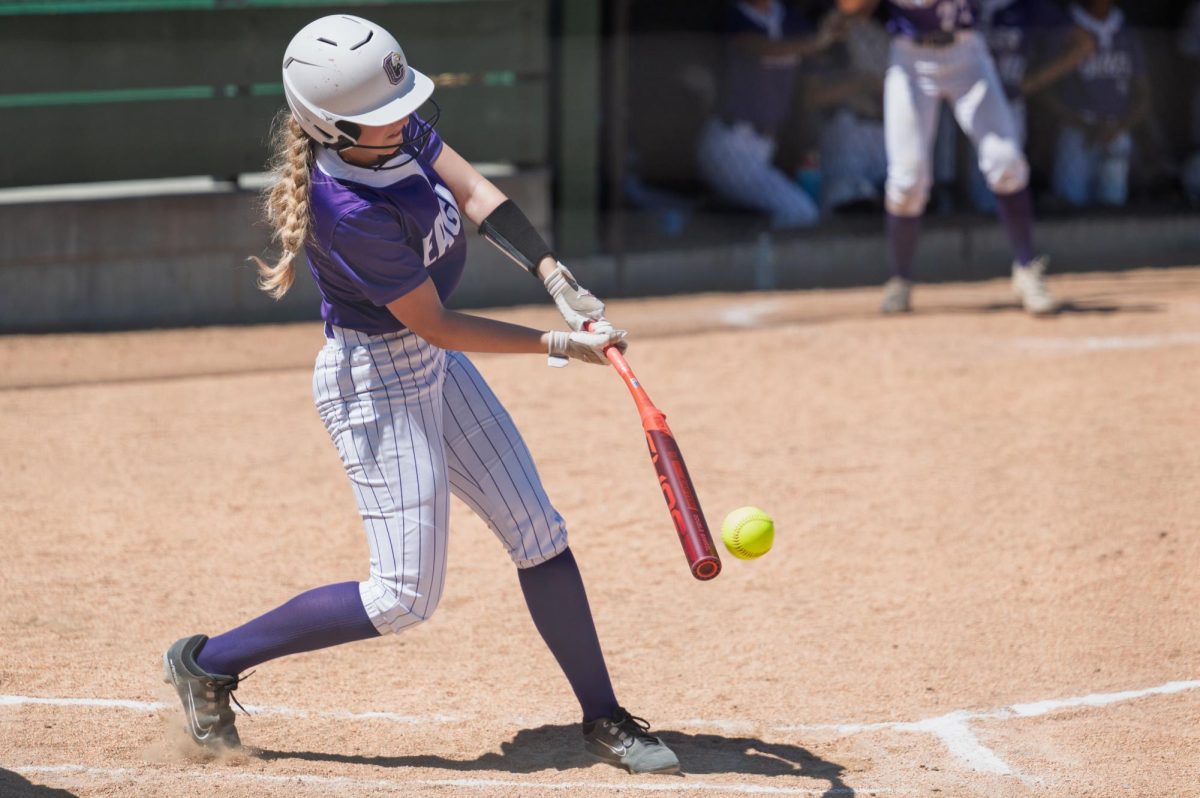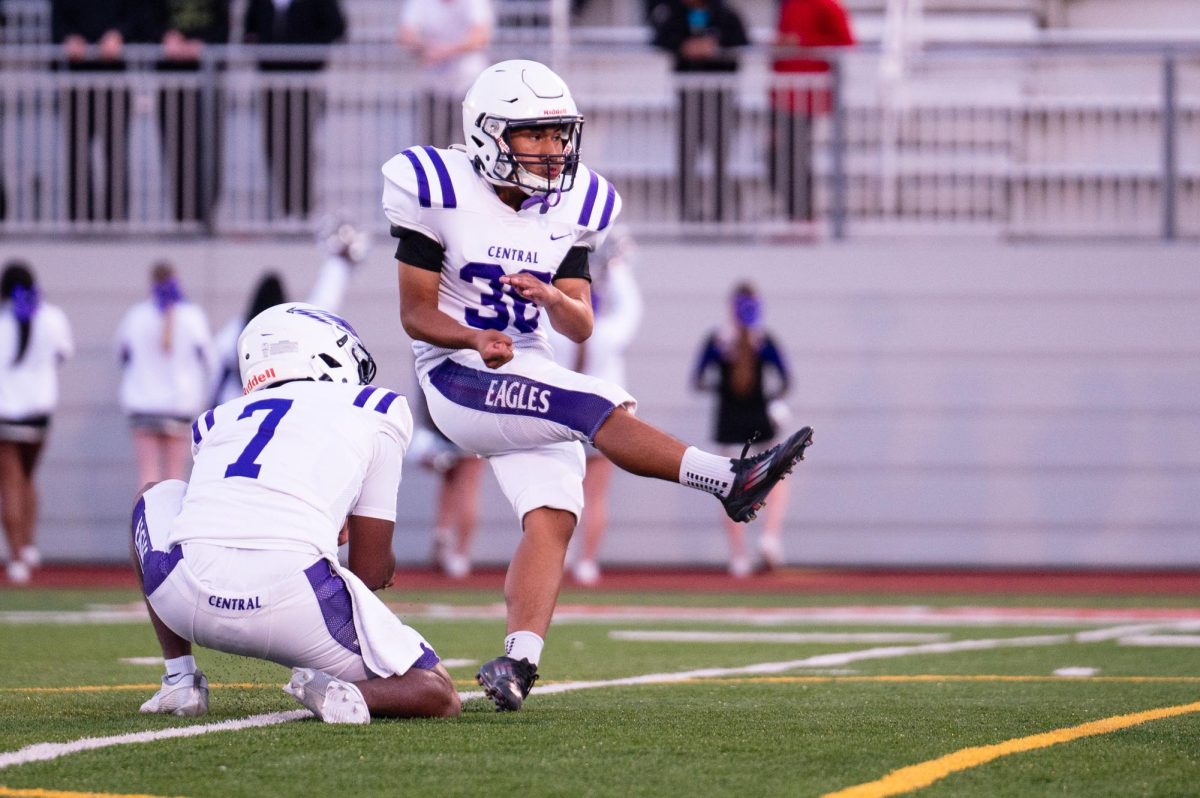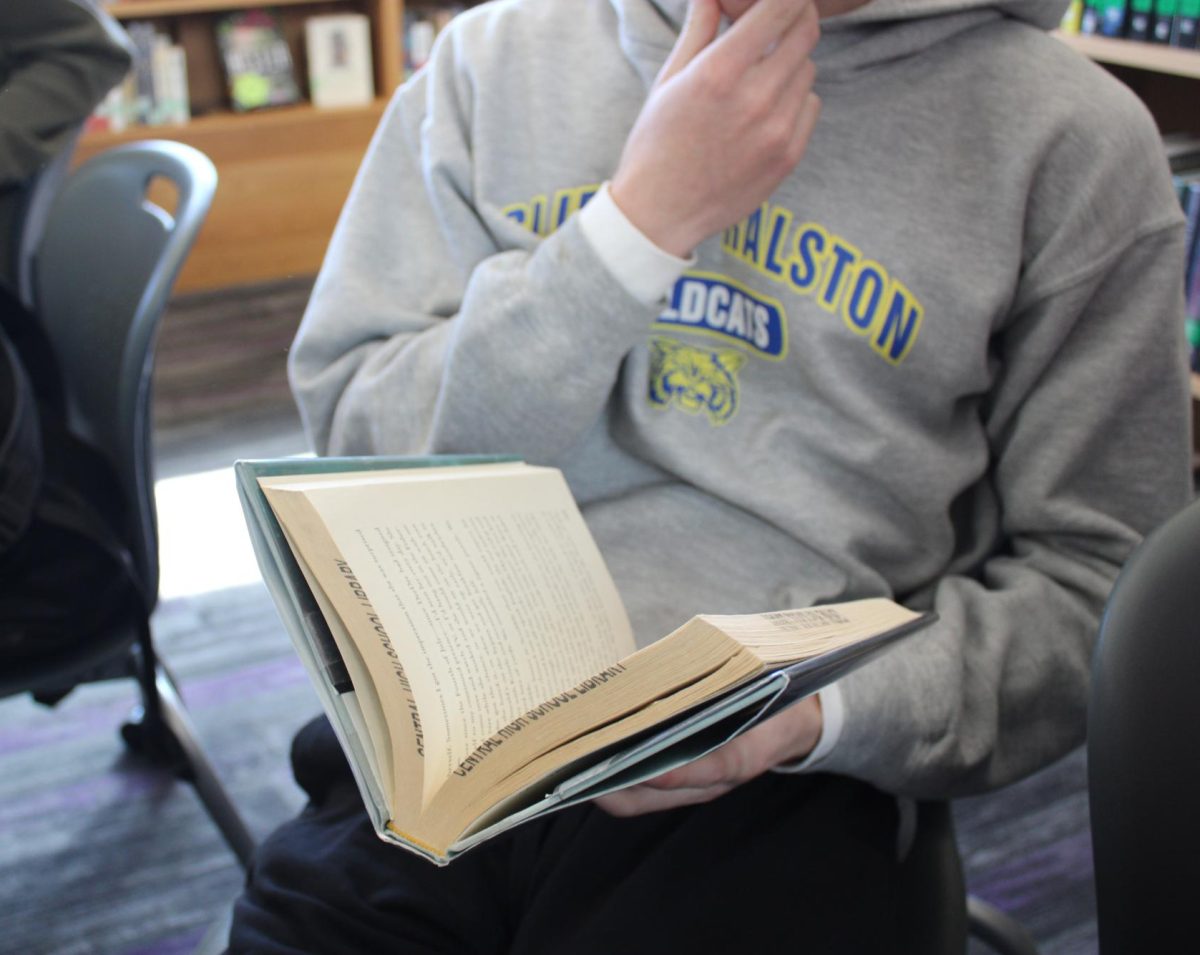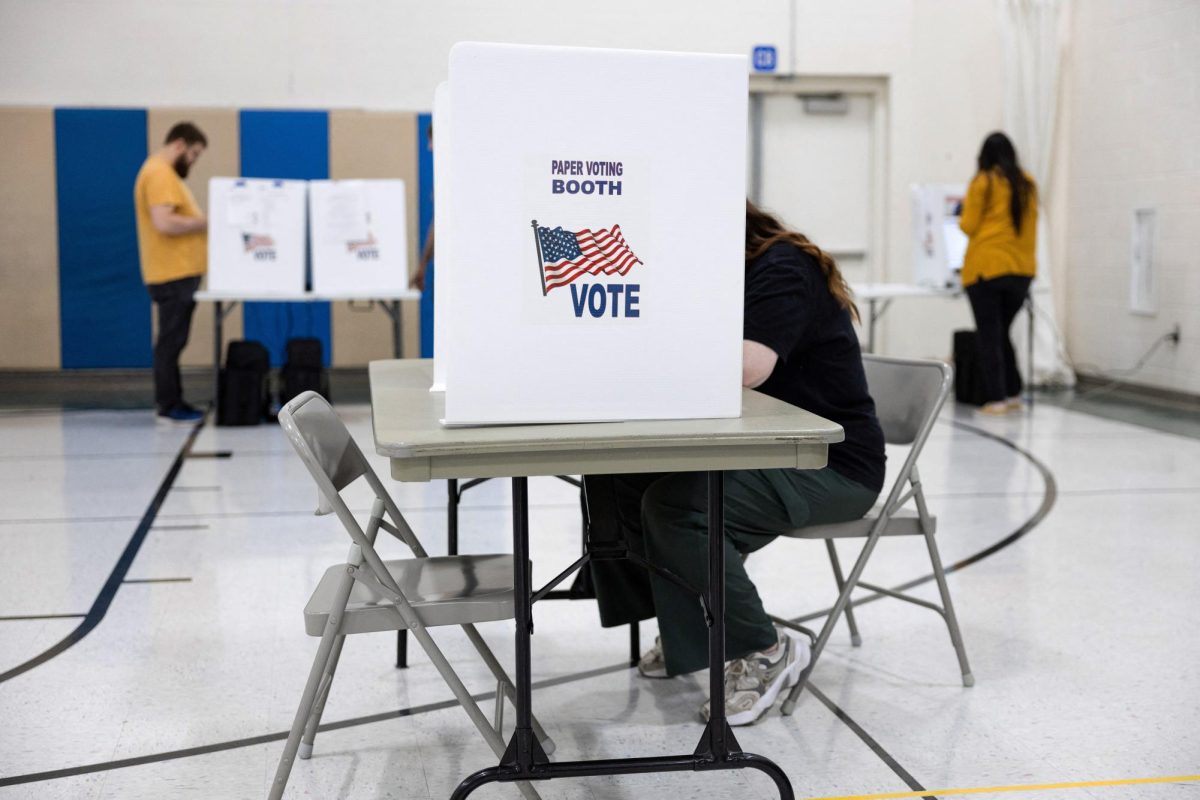Nebraska’s legislature is seeing an alarming trend of bills being introduced that would limit Nebraskans’ access to information and materials at their schools and public libraries. Over the current two-year legislative session, which began in 2023, at least six bills with this goal in mind were written. These bills vary from wanting parents to be more involved in approving school reading materials to limiting certain websites to adults, creating requirements for library materials, and criminalizing teachers for teaching “obscene” material.
I attended the LB441 committee hearing last year, where the public could testify to the small group of senators deciding if the bill should be heard by the entire Legislature. LB441 would allow teachers to be criminalized for teaching books or coursework considered “obscene,” which has a very loose and subjective legal definition. This definition, consequently, could dangerously be applied to almost any learning material with “adult” content, including books aimed toward teenagers and the real problems they face. This could include books containing depictions of violence, sexuality, LGBTQ+ characters or anti-racism.
That hearing, with conservatives reading smut and young adult books out of context to senators in support of criminalizing teachers for teaching “obscene” material, was eye-opening. I’ve always valued everyone’s access to books that represent them; after all, had I not had access to the queer YA available at my public library, I would not have started on my journey of discovering my queer identity. Honestly, I think the LB441 hearing was the pivotal event in pushing me towards my future career as a librarian.
The roles of school librarians and public librarians are becoming ever more vital and difficult in the current political atmosphere. Librarians do more than just shelve books; they are the guards against challenges to books and, unfortunately, those who suffer greatly when book-banning becomes a pandemonium. The American Library Association (ALA) reports that in 2023, at least 4,240 books faced challenges, a huge increase from 1,858 in 2021 and 305 in 2003. Everyone suffers greatly when book-banning becomes more organized and widespread, and with the rise of groups compiling lists of and challenging books with LGBTQ+ characters, themes of anti-racism, or any sexual content, book-banning is a major problem.
The six bills in Nebraska’s legislature illustrate this concerning trend of demonizing young people’s learning materials.
Censorship in American schools and libraries has become so much more than just a few parents complaining of witchcraft in “Harry Potter.” For one, censorship is not just about books anymore. With the rise of internet databases and research for students, the widely used EBSCO databases have been the target of baseless claims that they “lead children to pornographic materials.” LB635 would require subscriptions to educational databases to be discontinued if they have content “obscene” or “harmful” to minors. Again, not only are these regulations vague, but the so-called crisis of databases being “unsuitable” rarely occurs and does not constitute the creation of conspiracy theories. LB1092 would require age verification for access to some websites in an attempt to prevent minors’ access to pornography, although this is still criticized by civil rights groups as a large overreach of government power.
In theory, these bills may sound beneficial; it’s important to protect children on the internet. However, bills targeting internet resources, along with book challenges in recent years, do not have the goal of protecting children. Librarians are trained to serve their patrons effectively and with intellectual freedom in mind. Intellectual freedom is a principle of American libraries that supports critical thinking and free access for all patrons to the information and varying perspectives that foster it. Librarians are trained to cultivate a material selection appropriate and timely for the population they are serving. When people challenge materials in libraries, they directly undermine all Americans’ right to intellectual freedom.
Additionally, the books challenged and pulled from libraries in 2022 to “protect children” were most often books with LGBTQ+ characters, according to the ALA. Seven of the top 13 challenged books had LGBTQ+ content that challengers considered “sexually explicit.” These bills that are introduced to “protect children” certainly aren’t protecting the literature that LGBTQ+ students find themselves in.
Those instances also show how vague labels like “sexually explicit” and “obscene” can be applied to books with diverse characters. LB441 sounds great to some because it criminalizes teachers for teaching “obscene” materials. Yet, this will be used to remove books with LGBTQ+ characters, any sexuality or violence from schools. Plus, it undermines students’ right to intellectual freedom. These bills set the stage for “don’t say gay” legislation and policies in schools, as seen in states like Florida.
Bills promoting parental involvement in library materials, such as LB1399 and LB374, are also of concern. Parents already have the ability to control what their child checks out from a school library, making the bills frankly unnecessary and ripe for disaster. Many of the members of “concerned parent” groups challenging books want to remove books or materials entirely. This would remove every student’s opportunity to check out some materials. Not only is this an instance of parents not just worrying about their own kids, but this is also an overreach of parental rights into institutions protected by intellectual freedom and education. Again, librarians know what they’re doing. Parents can control their child’s school library access and how they parent their child at a public library. Every patron with a card has and should continue to have access to all materials. Parental involvement bills undermine the principles of librarianship and limit others’ access to information.
If some of these bills pass, students and young patrons of the public libraries will lose their access to some materials. School reading curriculums would have to be changed to avoid “obscene” material. Even “The Great Gatsby” could be considered “obscene.” The books affected are books representing LGBTQ+ people and people of color and depicting issues teenagers face. In the LB441 hearing, testifiers were reading “The Perks of Being a Wallflower,” “The Kite Runner,” and “This Book is Gay,” wanting the bill to pass so these books would be banned from schools. As students, we all deserve access to books that represent us, that expand our minds, that educate us. Bills like these would limit that. Contact your state senator today to make sure that you and your peers maintain your educational and intellectual freedom at nebraskalegislature.org/senators/senator_find.php.

